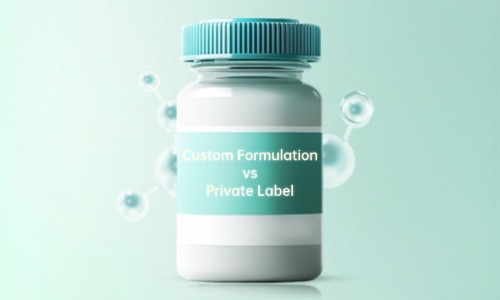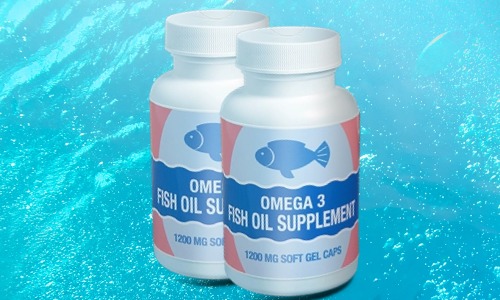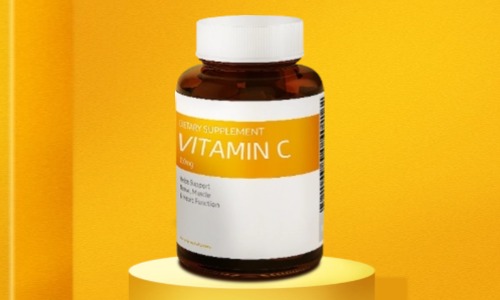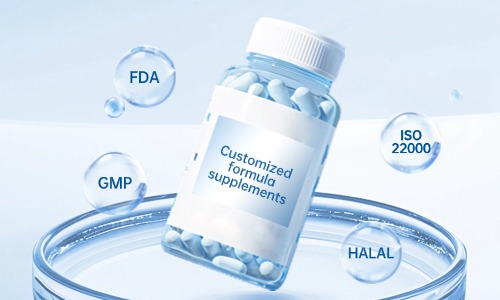Supplement factory in China

Custom Formulation vs. Private Label Supplements
In the nutraceutical contract manufacturing industry, custom formulation supplements and private label supplements are two primary models for creating branded products. While both options deliver tailored solutions, they differ significantly in formula ownership, R&D involvement, production workflows, and client requirements.

Custom Formulation vs. Private Label Supplements
1,Formula Ownership & Control
Custom Formulation Supplements
- Client-Owned Formula: Clients specify exact ingredient ratios, dosages, delivery formats (e.g., capsules, gummies), and functional claims. Manufacturers develop proprietary blends exclusively for the client.
- Full Customization: Clients actively participate in R&D, potentially incorporating novel ingredients, patented compounds, or specialized production techniques.
- Exclusivity: The formula is contractually restricted to the client’s use, preventing manufacturers from replicating it for competitors.
Private Label Supplements
- Manufacturer-Owned Formula: Clients select pre-existing, market-tested formulas (e.g., vitamin C tablets, protein powder) from the manufacturer’s catalog.
- Standardized Production: No R&D involvement required—clients focus solely on branding (logo, packaging design, etc.).
- Non-Exclusive Access: Identical formulas may be sold to multiple brands, leading to product commoditization.
2,R&D & Production Process
Custom Formulation Supplements
- Extended Timelines: Requires formula development, lab testing, stability studies, and regulatory compliance (FDA/EU certifications), often taking 6–12 months.
- Higher Costs: Includes raw material sourcing, equipment calibration, small-batch trials, and compliance fees.
- Maximum Flexibility: Supports unique delivery formats (softgels, powders), functional additives (adaptogens, probiotics), and certifications (organic, gluten-free).
Private Label Supplements
- Rapid Market Entry: Leverage pre-approved formulas to launch products in weeks.
- Cost Efficiency: Bulk ingredient purchasing and shared R&D costs reduce client expenses (primarily packaging/labeling fees).
- Limited Customization: Clients cannot alter ingredient ratios or dosages; choices are confined to the manufacturer’s portfolio.

3,Ideal Use Cases & Target Clients
Custom Formulation Supplements
Best For:
- Brands seeking differentiation (e.g., “post-workout recovery blends” or “menopause support complexes”).
- Products requiring patented ingredients or clinically backed formulations.
- Markets with strict regulatory hurdles (e.g., novel ingredient approvals in the EU).
Typical Clients:
Established brands, pharmaceutical companies, or health-tech firms with long-term market strategies.
Private Label Supplements
Best For:
- Startups validating product-market fit or e-commerce sellers scaling affordably.
- Brands prioritizing speed-to-market over uniqueness (e.g., basic multivitamins or protein powders).
- Retailers needing low-risk inventory expansion (e.g., Amazon FBA or Shopify stores).
Typical Clients:
SMEs, influencer-led brands, or distributors with limited R&D budgets.
4,Risk & Liability
Custom Formulation Supplements
- Clients bear responsibility for formula compliance (e.g., GRAS certifications for new ingredients) and IP risks (patent infringements).
- High upfront investment may lead to sunk costs if products underperform.
Private Label Supplements
- Manufacturers assume compliance risks for pre-approved formulas.
- Clients face market saturation challenges, relying heavily on branding to stand out.
5,Supply Chain Complexity
Custom Formulation Supplements
- Requires close collaboration with manufacturers, often involving cross-border logistics (e.g., importing rare ingredients).
- Long-term partnerships may necessitate formula adjustments (cost optimization or regulatory updates).
Private Label Supplements
- Simplified supply chains allow easy manufacturer switching or order volume adjustments.

Custom Formulation vs. Private Label Supplements: How to Choose?
Choose Custom Formulation If:
You have R&D resources, prioritize product uniqueness, and aim to dominate niche markets.
Choose Private Label If:
You seek low-risk market entry, faster ROI, or want to focus on branding/marketing.
Many brands adopt a hybrid approach: start with private label to validate demand, then invest in custom formulations to build brand loyalty.




